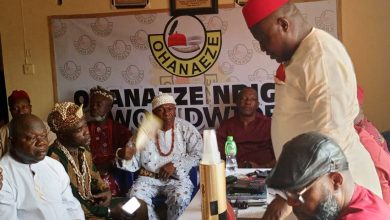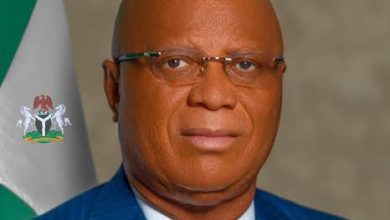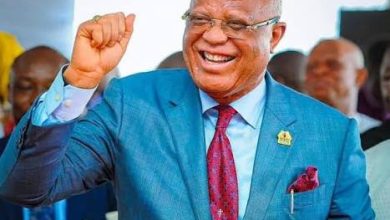268 Villages In A’Ibom Get 452 Transformers

Poised to improve electricity in Akwa Ibom, the state government has donated 452 transformers to 268 villages in the state.
The distribution of the 452 transformers carried out by Ibom Power Company was directed by Governor Udom Emmanuel in order to ease the electricity challenge in the state.
Speaking to newsmen in Uyo recently, the senior special assistant to the governor on the power sector and managing director of Ibom Power, Engr Meyen Etukudoh, said Governor Emmanuel was ready to provide electricity to all villages in the state in his second term as espoused in his Completion Agenda.
READ ALSO: The New Crack-Team Cabinet And Completion Agenda
Etukudoh said a breakdown of the number of transformers to rural communities reveal that 216 transformers were released by Ministry of Rural Development, 50 from inter-ministerial direct labour while 186 were released from the power sector.
He said the transformers were released in line with Governor Emmanuel’s slogan: “Power for All” to ensure that all villages in the 31 local government areas are connected to power.
“Governor Udom Emmanuel gave a marching order to all the gazetted villages to hook up to electricity through Ministry of Rural Development. 12 per cent representing 265 out of 2,274 villages in Akwa Ibom is not connected to National Grid. So the governor gave a marching order two months ago and told the Ministry of Rural Development to connect them immediately.”
He regretted that Port Harcourt Electricity Distribution Company (PHEDC) has never brought any transformer to Akwa Ibom since 2013.
Etukudoh said such attitude of PHEDC was the reason the government spent much on electricity as the distribution company has not lived up to their statutory responsibilities.
He said Governor Emmanuel has spent a huge amount of money to build Ekim power sub-station which is supposed to be the responsibility of PHEDC as provided by the terms of their engagement.
He warned the benefitting communities to guard the equipment jealously against thieves and vandals in their various communities to achieve “power for all” as planned by the state government.




